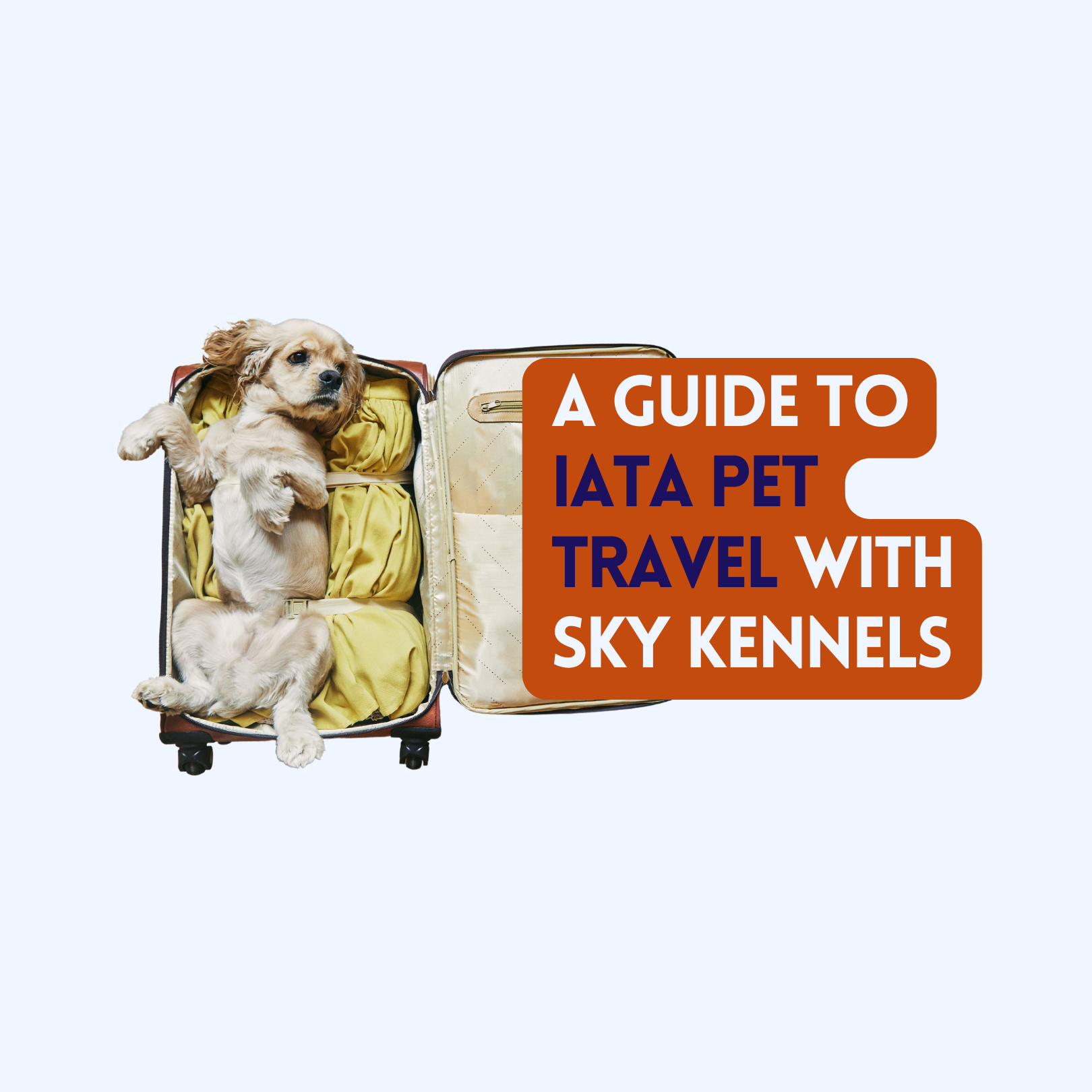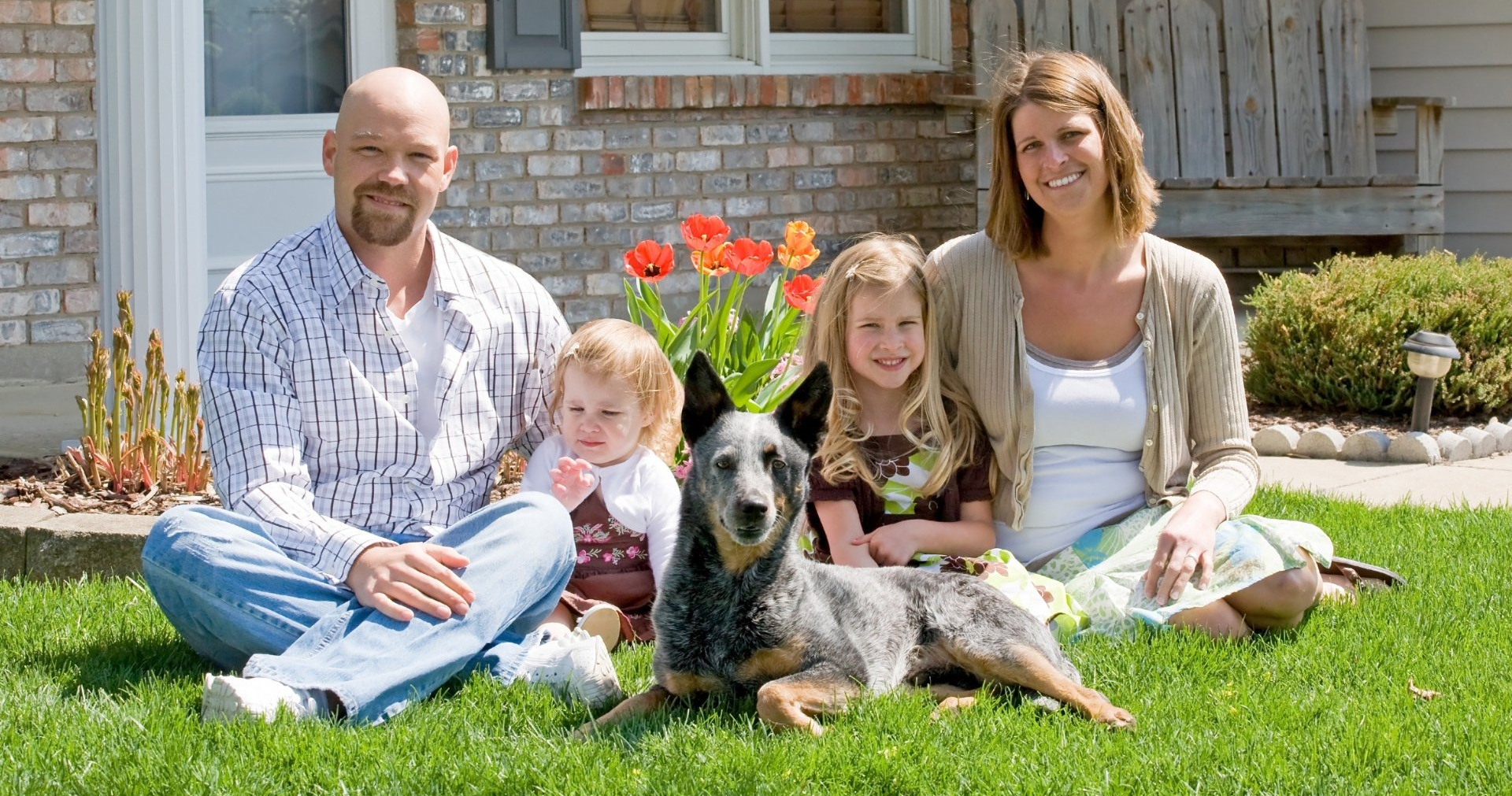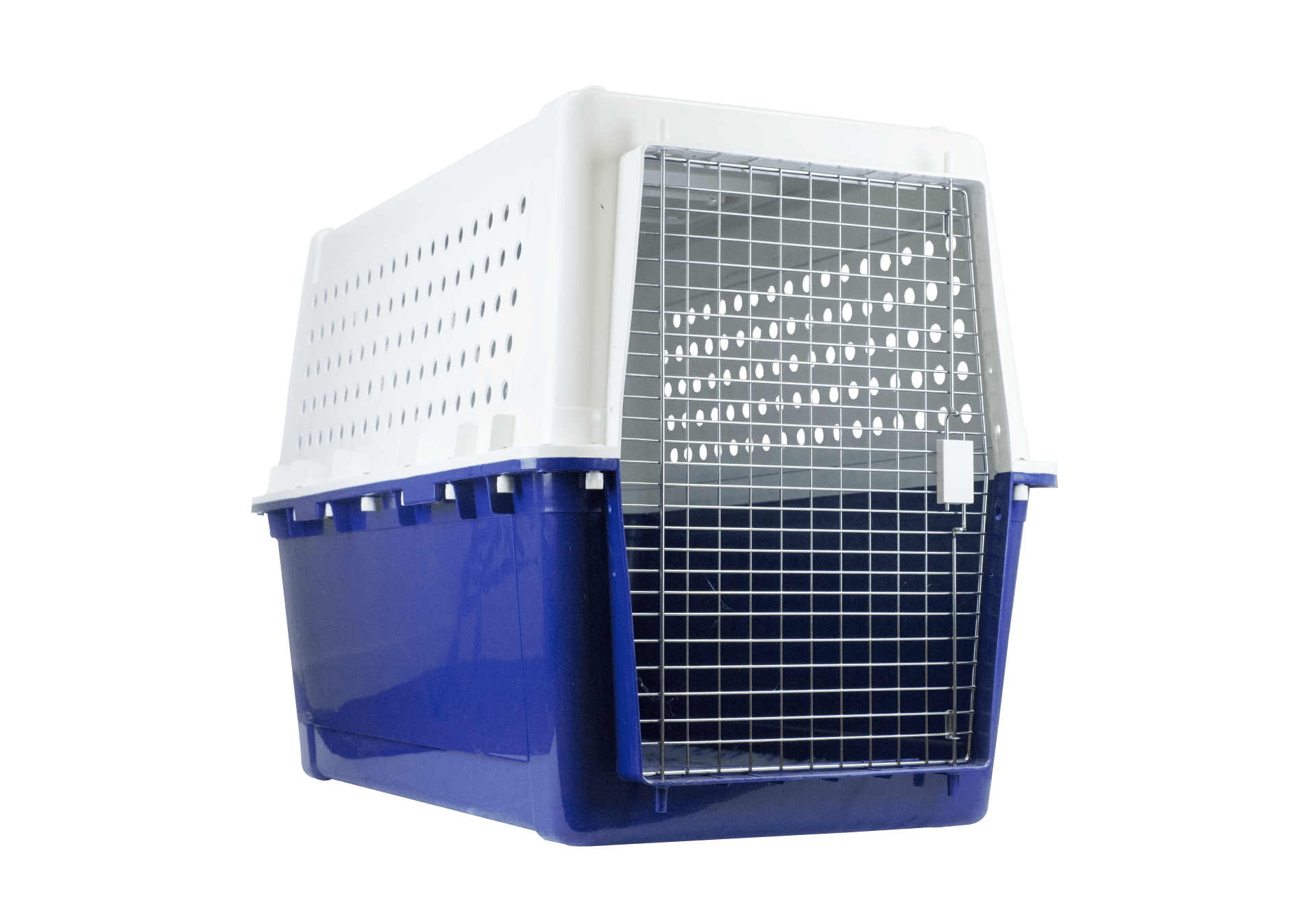Snub Nosed (Brachycephalic) Breed Update
Planning a move with your snub-nosed breed? Here's an important update!

These cute little wrinkly snub-nosed breeds are becoming more and more popular, the French Bulldog is now apparently the most popular breed in the UK and the USA. As cute as these breeds are, they do present a few challenges when it comes to pet travel, as all snub-nosed breeds can suffer from Brachycephalic Obstructive Airway Syndrome (BOAS), which is effectively a condition often seen in flat-faced dog breeds and refers to the range of problems they can have which cause issues with their breathing.
As a result, many of the airlines are reluctant to accept snub-nosed breeds on their flights, which impacts the routing available for us to transport them to certain places. Right now, Australia is proving quite a challenge. Ordinarily, we can choose between 3 or 4 airlines, but unless your little snub is a Shih Tzu, right now we only have 1 airline option to Australia involving an export from the UK to a third country, a lengthy stopover with repeated tests done in that country and then a further export from there to Australia. This has obvious cost implications on the price of the relocation.
As mentioned above, certain snub-nosed breeds such as the Shih Tzu are accepted by more airlines than other snub-nosed breeds such as the French Bulldog, Boston Terrier, Pugs, etc, but even the Shih Tzu needs to go via an extended routing to get to Australia.
Right now, we are waiting for the Australian Department of Agriculture, Fisheries & Forestry (DAFF) to sign off on the tests required in third countries for pets traveling via them to Australia. We at Sky Kennels are liaising daily with the airlines, third country agents and Governments, DAFF, and our partner agent in Australia to try and get a solution in place as we have many clients with snub-nosed breeds that are desperate to travel to Australia, but right now we cannot say when this will happen.
Transport of Brachycephalic breeds by air has become increasingly difficult due to airline policy restrictions affecting the movement of these breeds. Whilst airlines have the right to refuse carriage to any breed they see fit, the movement of Brachycephalic breeds globally, and the demand on airlines, remains at an all-time high due to the popularity of these breeds.
As an industry, our representative association, IPATA has done lots of research with world-leading universities and vets to study BOAS and the potential impact on snub-nosed breeds flying. Brachycephalic breeds can be transported humanely and safely by identifying those pets that SHOULD NOT FLY (severely BOAS affected) using a specific IPATA Fit-to-Fly Assessment Sheet, performed by a certified Veterinarian.
It is necessary to distinguish between a normal brachycephalic individual and one affected by BOAS. The term brachycephalic denotes a dog that is “short skulled”.
Not all brachycephalic individuals have BOAS, in fact in our data less than only 5% of brachycephalic dogs are severely affected by BOAS.
BOAS is an umbrella term for a group of anatomical abnormalities leading to obstruction and narrowing of the airways characterized by narrow nasal openings, elongated soft palate, thick, fleshy tongue, larynx (voice box) abnormalities, and narrowed windpipe.
The IPATA Research and Development (R&D) Task Force has developed the Brachycephalic Fit-To-Fly Assessment - created to individually assess the general health and grade the animal for its respiratory function (BOAS assessment).
Those animals identified with severe respiratory compromise are considered unfit to fly.
The Fit-To-Fly Assessment supports the widely held view that there are specific “high risk” brachycephalic breeds; All Bulldogs (French, English, American, Australian) Pugs and Boston Terriers that warrant a higher degree of scrutiny compared to other snub-nosed breeds.
The BOAS Certification Program has been developed to achieve consistency regarding veterinary assessments and to ensure all those involved in the process understand the importance of identifying those (few) animals that should not fly. At Sky Kennels we have BOAS-certified Pet Travel Partners who can guide you through the assessment process.
As you have seen, a very small percentage of “short-skulled” breeds have BOAS, so in the meantime, try to keep your pet as healthy and fit as you can, lots of exercise, and have a balanced diet to ensure they are not overweight and you’ll hopefully be on the way to a successful BOAS assessment.
For now, please watch this space, bear with us, and as soon as we get better clarity on possible routes for your little cuties, we’ll let you know.







